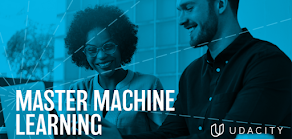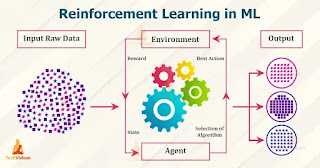Colleagues, the book “ChatGPT … ChatGPT, Bard and Beyond” (Audible) (Kindle) explores how generative conversational AI has the potential to improve accessibility for people with disabilities and those who struggle with language barriers, as AI models can be trained to understand and respond to a wide range of languages and dialects. Listen or read this new book now on Amazon. Generative conversational AI represents a major shift in how we interact with technology and has the potential to improve many aspects of our lives, from customer service and support to healthcare and accessibility.
ChatGPT is a specific implementation of Generative conversational AI technology developed by OpenAI. It is a large language model trained on vast text data, allowing it to generate human-like responses to text inputs. In the context of conversational AI, ChatGPT can be used to build chatbots, virtual assistants, and other applications that require the ability to generate text in real time. The model's size and training data allow it to develop highly relevant and human-like text, making it well-suited for various applications. As a state-of-the-art Generative conversational AI, ChatGPT is the perfect tool for organizations looking to step up their communication game. Whether you want to improve interactions with customers, employees, or other stakeholders, ChatGPT makes it easy. Want to see just how much you can achieve with this powerful tool? Key topics include: 1) ChatGPT History and Development, 2) The Technology Underlying ChatGPT, 3) Applications of ChatGPT in Natural Language Processing and Generation, 4) Using ChatGPT for Language Translation and Summarization, 5) ChatGPT in Dialogue Systems and Conversational AI, 6) Ethics and Limitations of ChatGPT, 7) Future Developments and Advancements in ChatGPT, 8) The Impact of ChatGPT on Society, and 9) Conclusions and Next Steps.
Access the Transformative Innovation book series on Amazon today!
1 - “ChatGPT - The Era of Generative Conversational AI Has Begun” (Audible) (Kindle)
2 - “ChatGPT, Gemini and Llama - The Journey from AI to AGI, ASI and Singularity” (Audible) (Kindle)
3 - “The Race for Quantum Computing” (Audible) (Kindle)
And download your free AI-ML-DL - Career Transformation Guide.
Regards, Genesys Digital (Amazon Author Page) https://tinyurl.com/hh7bf4m9
.jpg)
%20(1).jpg)



.jpeg)

.jpeg)
.jpeg)